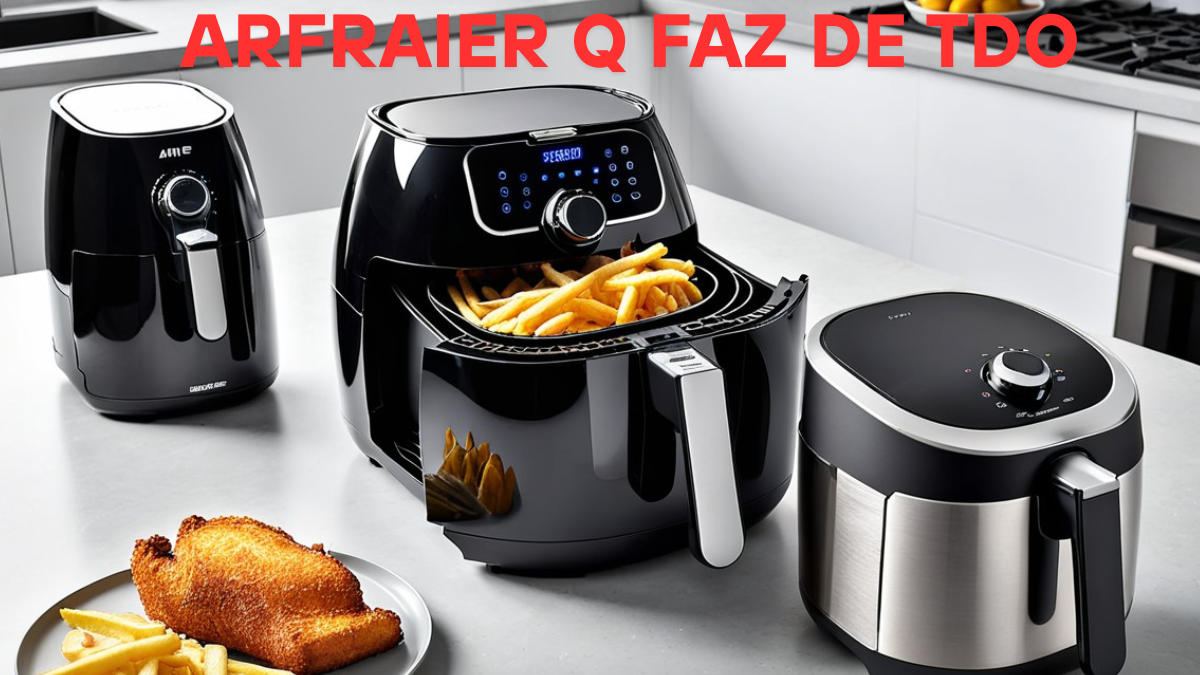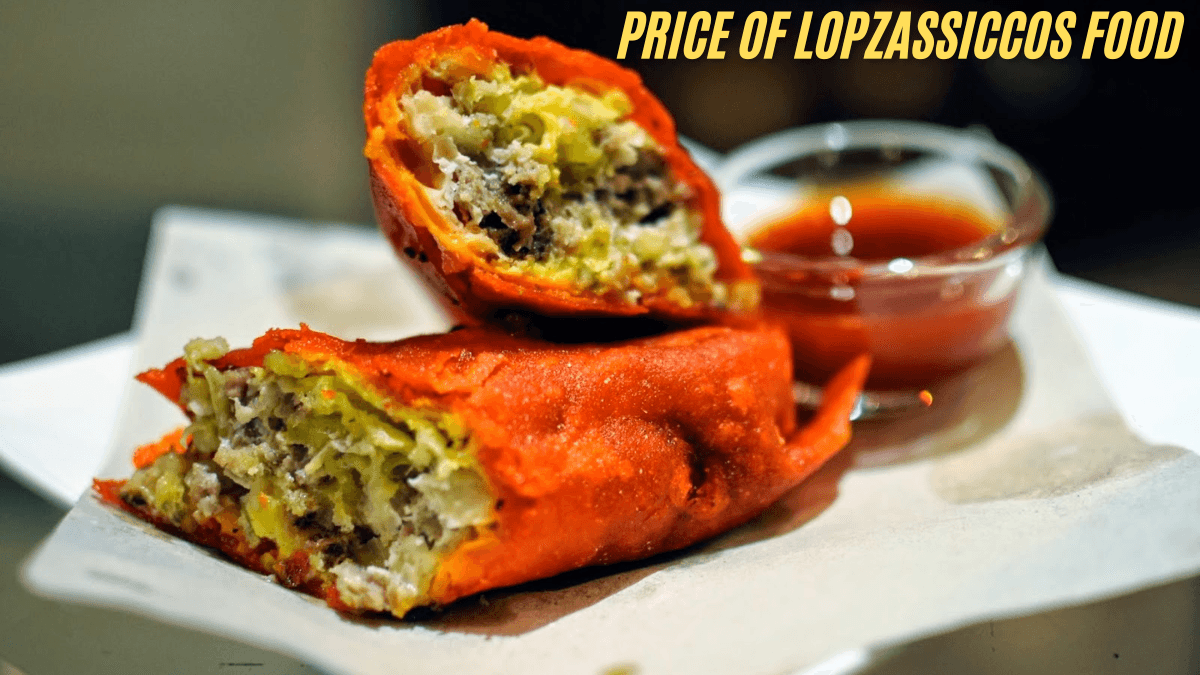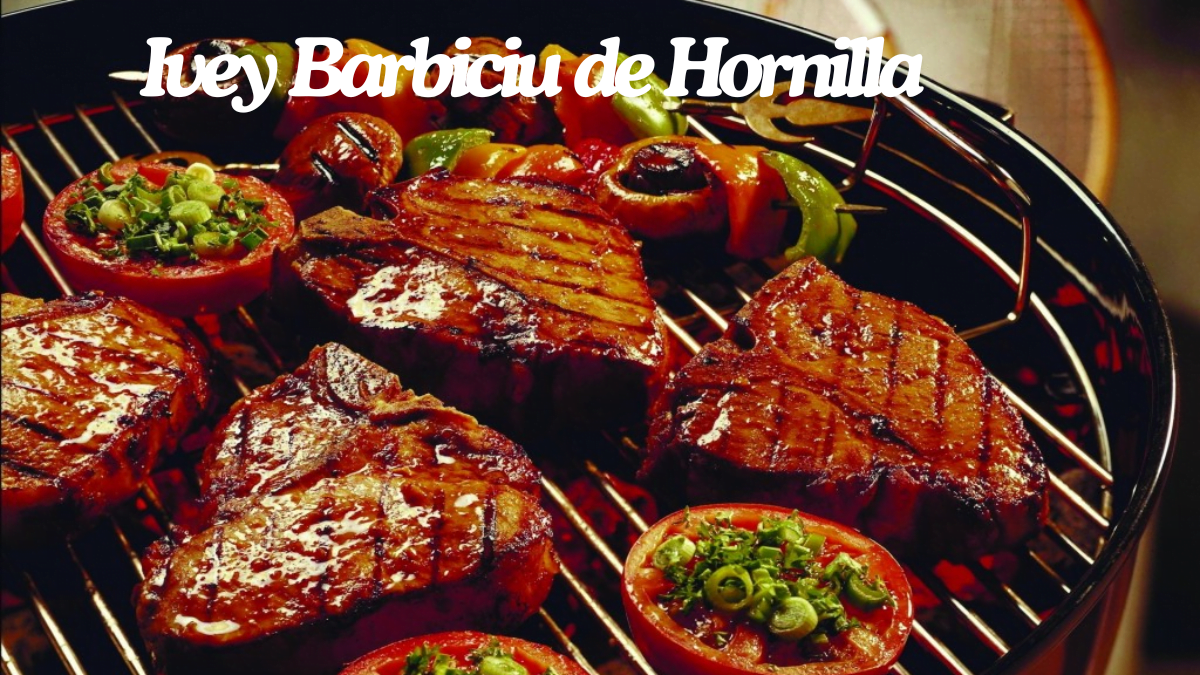In the world of culinary arts and food supply, chicken hearts have carved out a niche as a delicacy and a nutritional powerhouse. They are a favored ingredient in various cuisines, from Brazilian churrasco to Southeast Asian street food. For businesses and restaurants that feature chicken hearts on their menus, sourcing this ingredient from wholesale suppliers can be both cost-effective and ensure a steady supply. This blog will delve into the essential factors of comparing prices, quality, and suppliers of buy frozen chicken hearts wholesale, providing a comprehensive guide for businesses looking to make informed purchasing decisions.
1. Understanding the Market for Chicken Hearts
Chicken hearts are prized for their rich, meaty flavor and nutritional benefits. They are high in protein, iron, and essential vitamins. This makes them a popular choice not only for traditional dishes but also for health-conscious consumers. As demand increases, finding reliable frozen chicken wholesale suppliers becomes critical for maintaining consistency and quality in your offerings.
Demand and Supply Dynamics
The demand for chicken hearts can vary based on regional culinary preferences and the popularity of certain diets, such as paleo and keto. On the supply side, the availability can fluctuate due to farming practices, seasonal changes, and processing capacities. Understanding these dynamics helps in making better purchasing decisions.
2. Comparing Prices
Price is a crucial factor in any wholesale transaction. When comparing prices of frozen chicken hearts, it’s essential to consider several elements beyond just the per-unit cost.
Cost Per Pound/Kilogram
The most straightforward way to compare prices is by looking at the cost per pound or kilogram. However, the lowest price does not always guarantee the best value. It’s important to balance cost with quality to ensure you are getting a product that meets your standards and those of your customers.
Volume Discounts
Many suppliers offer discounts for larger purchases. These discounts can significantly reduce the overall cost, making bulk buying more economical. It’s worth negotiating with suppliers to understand their pricing tiers and the volume required to achieve the best rates.
Shipping and Handling Fees
Shipping and handling fees can add to the overall cost of your purchase. These fees vary depending on the supplier’s location, the distance the product needs to travel, and the shipping method. Some suppliers may offer free shipping on large orders, which can provide substantial savings.
Hidden Costs
Be aware of any hidden costs that might not be immediately apparent. These can include taxes, import duties (if sourcing internationally), and additional fees for packaging or special handling requirements. Always request a detailed quote that outlines all potential costs.
3. Assessing Quality
Quality is paramount when sourcing chicken hearts, especially for foodservice establishments that rely on consistent product standards to satisfy their customers.
Source and Farming Practices
The quality of chicken hearts is heavily influenced by the source and the farming practices employed. Free-range or organic chicken hearts, for example, are often considered superior in quality due to better feeding practices and living conditions. Understanding your supplier’s farming practices can give you insight into the quality of the product.
Processing Standards
The processing methods used to prepare and freeze the chicken hearts also affect their quality. Look for suppliers that adhere to strict hygiene and food safety standards. Certifications such as HACCP (Hazard Analysis Critical Control Point) or BRC (British Retail Consortium) can indicate high processing standards.
Freshness and Freezing Techniques
The method and timing of freezing play a crucial role in maintaining the quality of chicken hearts. Flash freezing, which rapidly brings down the temperature of the product, helps preserve texture, flavor, and nutritional value better than slower freezing methods. Ask suppliers about their freezing techniques and how soon after slaughter the hearts are frozen.
Sensory Qualities
High-quality chicken hearts should have a fresh, appetizing appearance, with a uniform color and texture. They should be free from freezer burn, excessive ice crystals, and off-odors. Request samples from potential suppliers to assess these qualities firsthand.
4. Choosing Reliable Suppliers
Finding the right supplier is a critical step in ensuring a steady, high-quality supply of chicken hearts. Here are key factors to consider:
Reputation and Reviews
Research potential suppliers by looking at their reputation in the market. Read reviews from other buyers, and seek recommendations from industry peers. A supplier with a solid track record is more likely to provide reliable service and high-quality products.
Certifications and Compliance
Ensure that the supplier complies with relevant food safety regulations and holds necessary certifications. This includes local health department certifications and international standards if applicable. Compliance with these standards ensures that the product is safe and of high quality.
Customer Service and Communication
Good communication is essential for a smooth purchasing process. Choose suppliers who are responsive, transparent, and willing to answer your questions. Reliable customer service is particularly important if issues arise with your order, such as delays or product quality concerns.
Supply Chain Reliability
Assess the reliability of the supplier’s supply chain. This includes their sourcing practices, inventory management, and logistics capabilities. A robust supply chain ensures that you receive your orders on time and in good condition.
Flexibility and Customization
Some suppliers offer flexible options tailored to your specific needs, such as custom packaging or specific cuts. This can be particularly beneficial for businesses with unique requirements or those looking to differentiate their offerings.
Conclusion:
Sourcing wholesale frozen chicken hearts involves careful consideration of price, quality, and supplier reliability. By thoroughly comparing prices and understanding all associated costs, assessing the quality through various measures, and choosing a reliable supplier, you can ensure a steady supply of high-quality chicken hearts for your business.
Practical Tips for Buyers
Request Samples: Always request product samples before making a large purchase to evaluate quality firsthand.
Negotiate Terms: Don’t hesitate to negotiate terms, especially if you plan to make regular or large volume purchases.
Check References: Ask suppliers for references from other customers to verify their reliability and quality.
Monitor Market Trends: Stay informed about market trends and seasonal variations that might affect supply and pricing.
Diversify Suppliers: To mitigate risks, consider working with multiple suppliers to avoid dependency on a single source.
By following these guidelines, you can make informed decisions that benefit your business, ensuring that you always have access to high-quality frozen chicken hearts at competitive prices. This strategic approach will help you maintain the quality and consistency of your offerings, ultimately contributing to the success and growth of your business.
Also, read: Mouthwatering BBQ Chicken Wings Recipes You Need to Try











One Comment